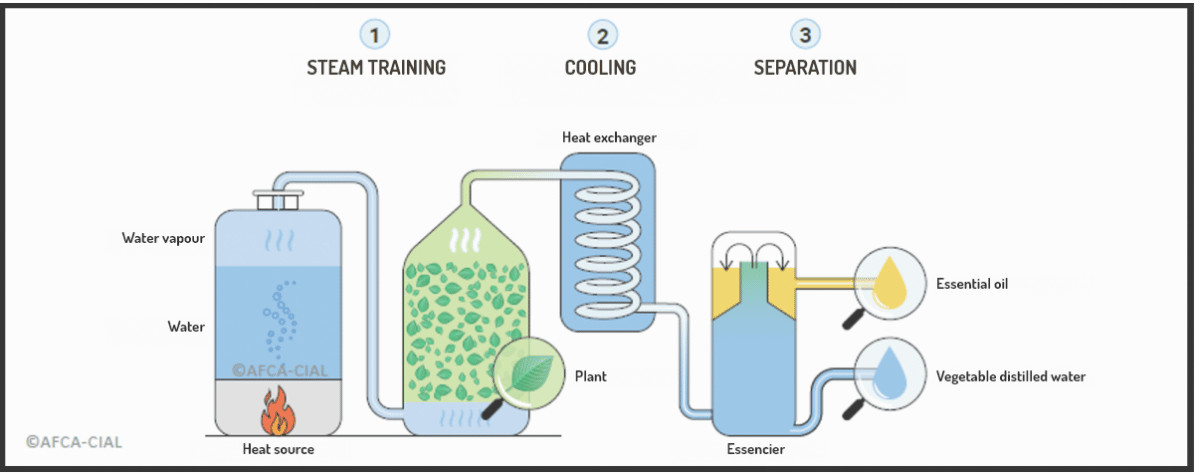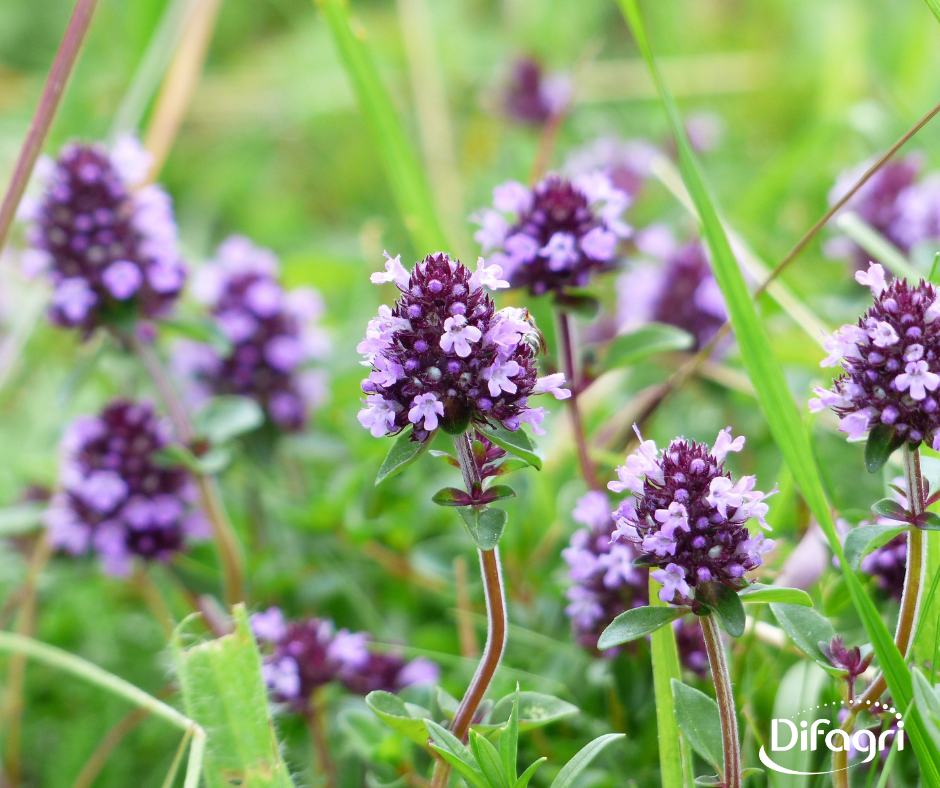In light of how our society has changed and the problems caused by antibiotic use, it seems that one way farmers can respond is by using plants. Plants can act as a stimulant for certain organs and biological functions. They allow the body to perform three major functions more reliably: metabolism, vitality and defences.
What are the benefits of using plants in livestock farming?
Plants act by boosting the ability of animals to adapt to the various stress factors that they are subjected to throughout the year. Therefore, when plants are used at the right time and in the correct way, animals become less susceptible to illness. A reduced risk of illness during rearing means that animals need less medical treatment – especially in the form of antibiotics – which remains a major priority when it comes to animal health today.
How are plants administered in livestock farming?
Plants can be administered orally in several different ways, either as a solid (powder or granules), a liquid or in the form of essential oils. Essential oils are extracted from aromatic plants and mainly produced through distillation. Essential oils have a much more potent effect than plants and require a certain amount of knowledge to be used correctly, without endangering the health of the animals.

Exclusion list of plants in animal feed
Plants are an integral component of livestock feed. However, some plants cannot be used in animal feed as some are prohibited by legislation. There are four main groups:
Aromatic substances:
Certain plants, such as Crotalaria, unhulled beechnut and ragweed seed, are classed as undesirable substances for use in animal feed.
Toxic plants:
Selling plants that are dangerous to animals is obviously prohibited. This means plants that are harmful to the health of both the animal and humans as end consumers. Cannabis and THC are notable examples.
Medicinal plants:
Medicinal plants listed in the pharmacopoeia are monopolised by pharmacists. In view of this monopoly, medicinal plants listed in the pharmacopoeia cannot be sold or used on the animal feed market.
Performance-enhancing plants:
Some plants are recognised as performance enhancers. As an animal feed manufacturer, we have a responsibility to ensure that our products do not contain performance enhancing plants, particularly when it comes to products for sporting animals such as racehorses.
And perhaps the best example is our Vitaphyt range. This range is centred around the development of innovative natural formulas based on core plant components (entire plants or plant extracts and essential oils). The products harness the natural beneficial effects of plants on animal health and condition to treat a wide variety of illnesses that are often encountered in animal husbandry.
Continuous improvement has always been at the heart of the company’s approach. At DIFAGRI, producing quality formulations is important to us, but ensuring they are sustainable, environmentally- and animal-friendly is our main priority!
Sources:
- 2020 AFCA-CIAL Guide de bonnes pratiques : Pour l’utilisation des plantes et produits à base de plantes en alimentation animale.
- Médecines naturelles en élevage, tome 2
- Dr Marie Genest – Veterinarian: https://www.vetformance.fr/Content.aspx?code=30084&parent=28738


